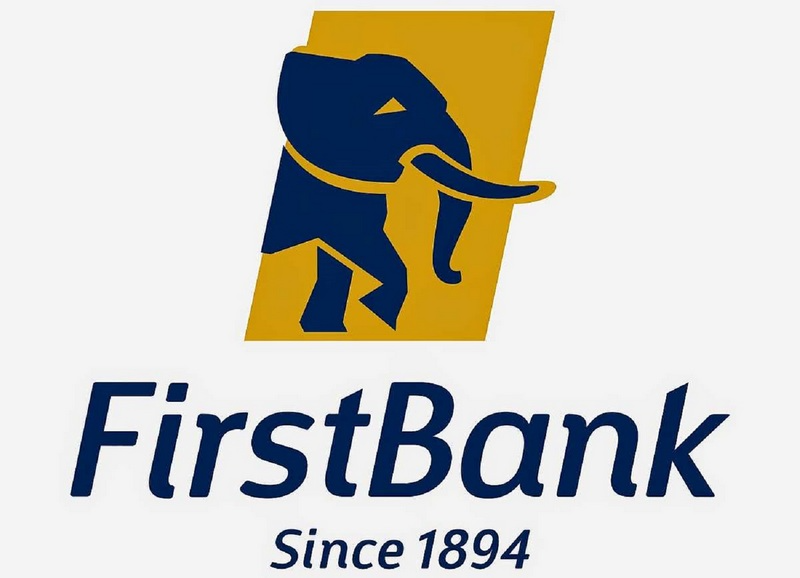First Bank of Nigeria Plc, yesterday, expressed surprise at the appeal filed by Mr Nduka Obaigbena and General Hydrocarbons Limited (GHL).
Obaigbena and GHL have lodged an appeal at the Appeal Court against a ruling it has consistently made the public to believe was in their favour.
Obaigbena and three others asked the Lagos Division of the Court of Appeal to dismiss the suit filed by First Bank of Nigeria Limited seeking to recover a $225.8 million loan facility to General Hydrocarbons Limited (GHL).
The appellants are seeking an order of the Court of Appeal striking out or dismissing the lawsuit on grounds of lack of jurisdiction, gross abuse of the lower court’s process, and absence of a reasonable cause of action.
LEADERSHIP Friday recalls that Justice Deinde Dipeolu of the Federal High Court in Lagos on January 29, 2925, lifted the Mareva Injunction that froze the assets of GHL, holding that First Bank did not fully disclose all the to enable the court to take an informed decision on the matter.
Justice Dipeolu, however, assumed jurisdiction over the suit, stating that the case was not an abuse of court process as the subject matter and the parties involved are different from those before Justice Ambrose Lewis-Allagoa.
But dissatisfied with the verdict, Nduka Obaigbena, Efe Damilola Obaigbena, Olabisi Eka Obaigbena and GHL 121 Limited, in a Notice of Appeal filed on February 5, argued that the lower court ought to have declined jurisdiction.
In the appeal, filed on their behalf by their lawyer, Olumide Aju (SAN), the appellants submitted that the lower court erred in law in failing to dismiss the suit for being a gross abuse of process after the court had earlier rightly found that the Plaintiff failed to make a full and frank disclosure of the order made by Hon. Justice Allagoa in Suit No: FHC/L/CS/1953/2024.
They also contended the trial judge rightly found that the Plaintiffs had been expressly restrained by the order of Justice Lewis-Allagoa ‘from making any calls or demands or taking any steps whatsoever to enforce any security, receivables, instrument, finance documents or assets of the Applicant which have been charged as security agreements in respect of the Applicant’s operation of OML 120, including but not limited to the side letter, and the amended and restatement agreements between, the Applicant and the Respondent pending the hearing and determination of the arbitration proceeding’ between First Bank of Nigeria Limited (‘FBN’) and General Hydrocarbons Limited about 18 days before this action was commenced at the lower court.
The appellate also stated that the suit before the trial judge was initiated by the Plaintiffs to take over the operation of OML 120 by virtue of the reliefs sought, particularly relief 6 and also to compel General Hydrocarbons Limited either by itself or through its agents, assigns, representatives, contracting parties e.t.c to remit all proceeds from the operation of OML 120 directly to the Paintiffs’ in flagrant disobedience of the order made in Suit No: FHC/L/CS/1953/2024.
They also argued that the suit at the lower court was clearly a gross abuse of the court process, notwithstanding the restyling of parties and the inclusion of nominal parties to the parties.
The appellants also claimed that the trial judge erred in law in failing to apply the decision in Nissan (Nig) Ltd v. Yoganathan 2010 4 NWLR Pt 1183 to decline jurisdiction when he ruled that he would continue to
entertain the matter, even though the subject matter of the dispute before the court had already been submitted to arbitration by the parties.
They further maintained that having found that the subject matter of the dispute between First Bank of Nigeria Limited and General Hydrocarbons Limited at the arbitration is the same and interwoven with the subject matter of the case subsequently filed before him, the learned trial judge was obliged to decline jurisdiction to entertain the case.
The appellants also argued that the trial judge erred in law in failing to dismiss or strike out the matter against the Appellant when no reasonable cause of action was made out against them in the Plaintiff’s Originating Summons.
They contended that the joinder of the Appellants and the case against them in the Originating summons was predicated on the provision of section 316 of the Companies and Allied Matters Act 2020 (as amended).
“That there is no evidence in the Originating Summons that the Appellants personally guaranteed the loan said to have been given by First Bank of Nigeria Limited.
That there is no evidence submitted by First Bank of Nigeria Limited in the Originating summons of any diversion of funds on the part of the Appellants.
“That there is no evidence in the Originating summons that the loan or any part thereof received by the company was misapplied or channelled to another purpose different from that for which it was procured by the company.”
No date has been fixed for the hearing of the appeal, as First Bank has yet to respond to it.
In a statement yesterday, First Bank described the appeal as “shocking” and wondered why Obaigbena appealed a ruing he said was favourable to him.
